At a time when science and technology are pushing the limits of human capabilities, biohacking is emerging as a new frontier at the intersection of science and technology and their effects on human biology.
At its core, biohacking is about taking control of one’s biology, using a combination of self-experimentation, data analysis, and advanced interventions to achieve extraordinary results.
While at first glance the term may conjure up images of science fiction cyborgs or futuristic experiments, the reality is that biohacking is already present in various aspects of our daily lives.
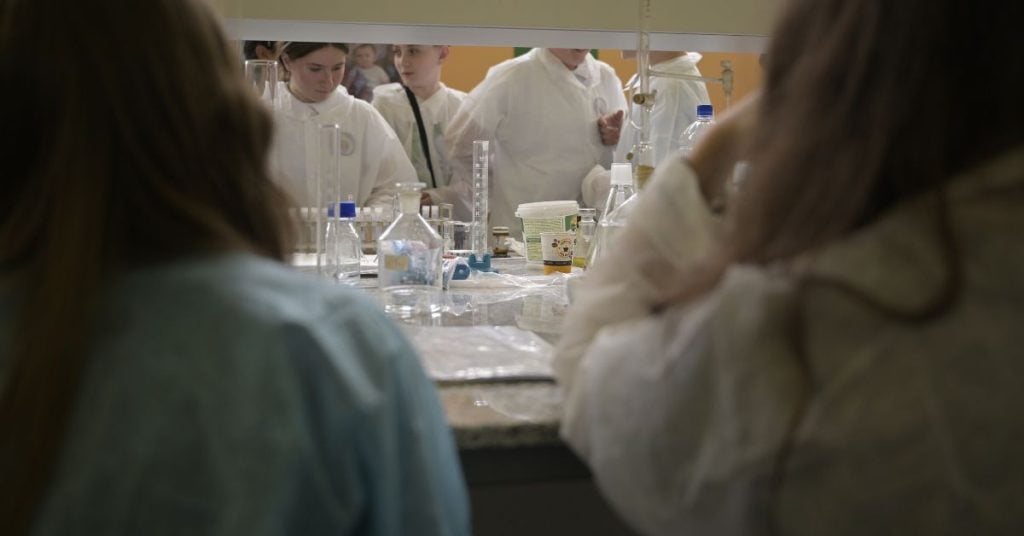
What is biohacking?
The term “biohacking” has taken on many different meanings since its emergence in the early 21st century. What “biohacking” means to each biohacker depends on the context, but in general it refers to Do-It-Yourself (DIY) biologyor experiences that take place outside of typical industrial or academic settings.
Today, biohacking is also part of the citizen science movement that encourages the open exchange of materials, data and protocols, and has a symbiotic relationship with the open source electronics movement and biology workshops in free online.
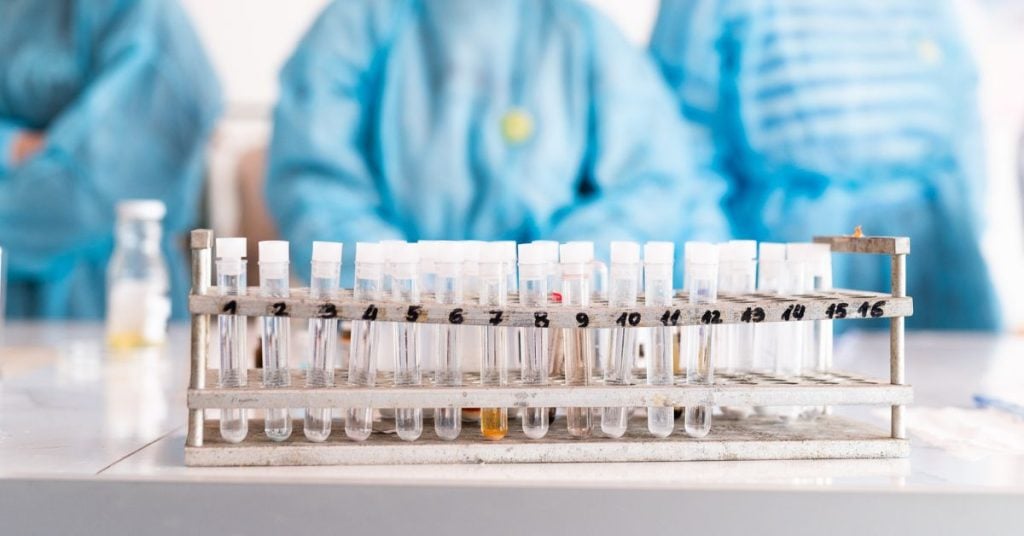
The biohacker movement has been growing, and despite the field’s stigma, it is now being hailed as a possible solution to society’s growing list of existential crises – some biohackers aim to solve global problems like urban pollution using homebrew biological methods. systems.
Biohacking in the Balkans
If the concept of a biohacking laboratory is new in the Balkan region, production spaces such as Bio library in Slovenia, has been active for almost a decade and is developing a community of biohackers and bringing together artists, scientists and all those from the general public who want to research and study the correlations between nature and technology.
This year, North Macedonia and its capital Skopje have also decided to follow suit by launch its first biohacking laboratory, supported by UNDP North Macedonia, UNICEFMKand the city of Skopje.
Located in the Marie Curie vocational high school, the Skopje biohacking laboratory has a particular objective: the reuse and recovery of biowaste. Why Skopje? As a city that has long faced environmental challenges – earthquakes, floods and air pollution – waste management is now another pressing issue on its agenda.
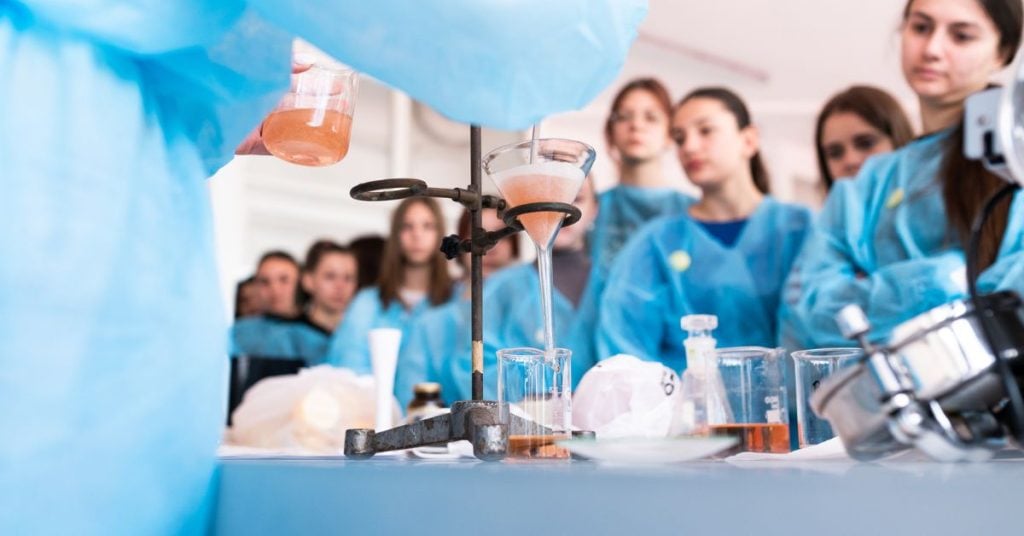
The laboratory therefore also aims to solve these problems, while creating entrepreneurial opportunities through citizen science. So far, since its establishment, the laboratory has welcomed several hundred visitors, including students, biotechnology startups and science enthusiasts.
Additionally, in May, UNDP piloted the first challenge for startups working with biotechnology, and has seen more than 12 innovative solutions developed to address pressing environmental issues.
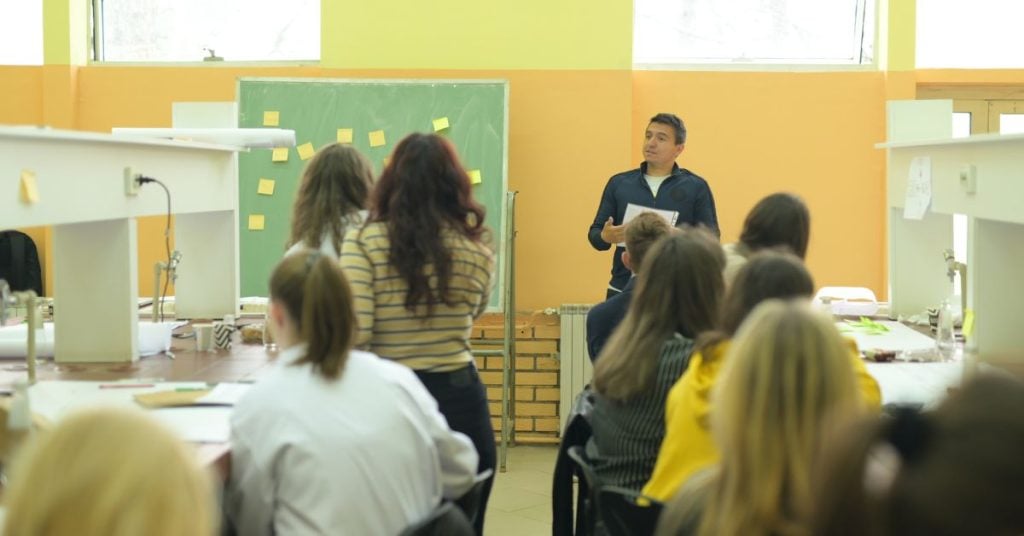
Using biowaste as a resource
According to the National Waste Management Plan 2020-2030, 45.3% of the total municipal waste generated in 2016 was biowaste (organic waste) and most ends up in landfills, emitting greenhouse gases and causing a whole series of environmental challenges for local communities. .
Currently, scientists affiliated with the biohacking lab are also working with 30 companies to turn biowaste into viable products, and welcome anyone who wants to test their ideas on how biotechnology can solve different environmental challenges.
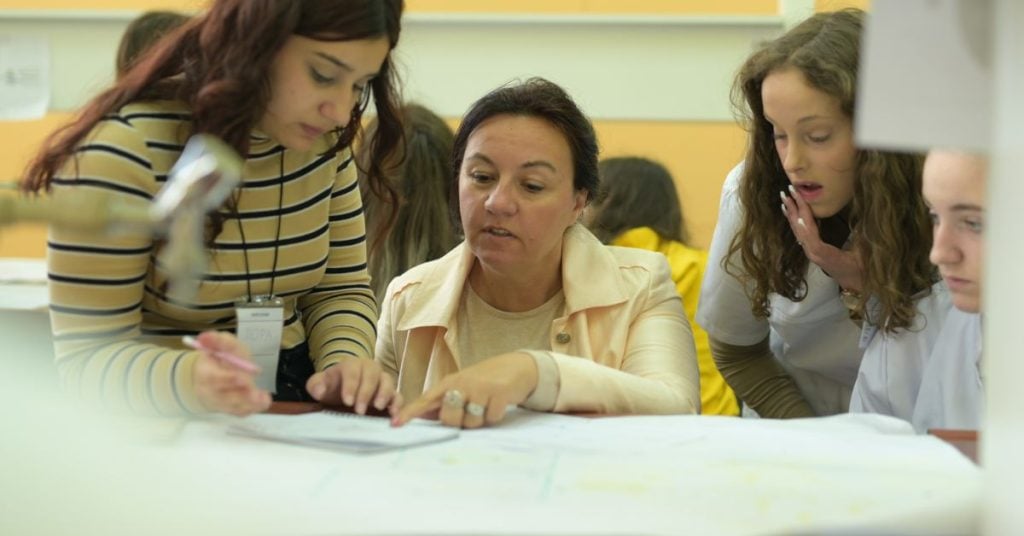
Veselina Shojleska is one of them. Shojleska, a student at the Faculty of Technology and Metallurgy in Skopje, wants to solve the problem of young children who refuse to eat fresh vegetables.
“We have gained experience on how we can get raw materials more easily, how we can more easily get in touch with companies about our idea with companies and restaurants. Our idea is to use the waste from factories that manufacture green salads and to make a drink which will above all have nutritional value and which will be much more attractive to the youngest because they are the ones who pose the biggest problem for eat fresh vegetables and in a way we solve the problem of parents and children for their easier consumption,” says Shojleska.
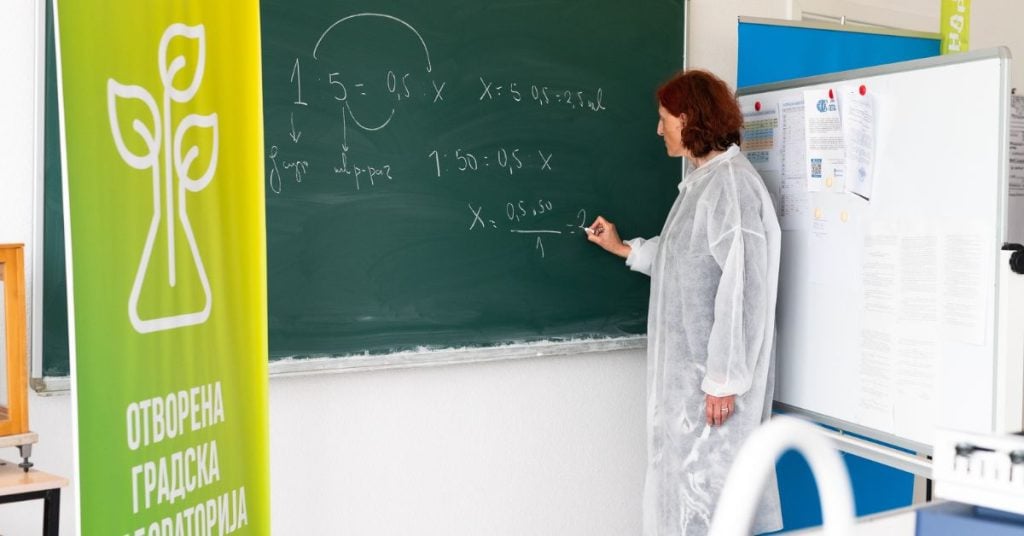
Entrepreneurs such as Valentina Mitrova, who runs a company working in truffle production, have also used the lab to gain new insights into the process.
“The professors helped with the production itself, we normally have some ambiguities, and these are prestigious laboratories where we can get help in the future for the production of the products,” Mitrova said.
Food technology entrepreneur Nikola Angelovski is working on a project to promote self-sustainable production at the local level.
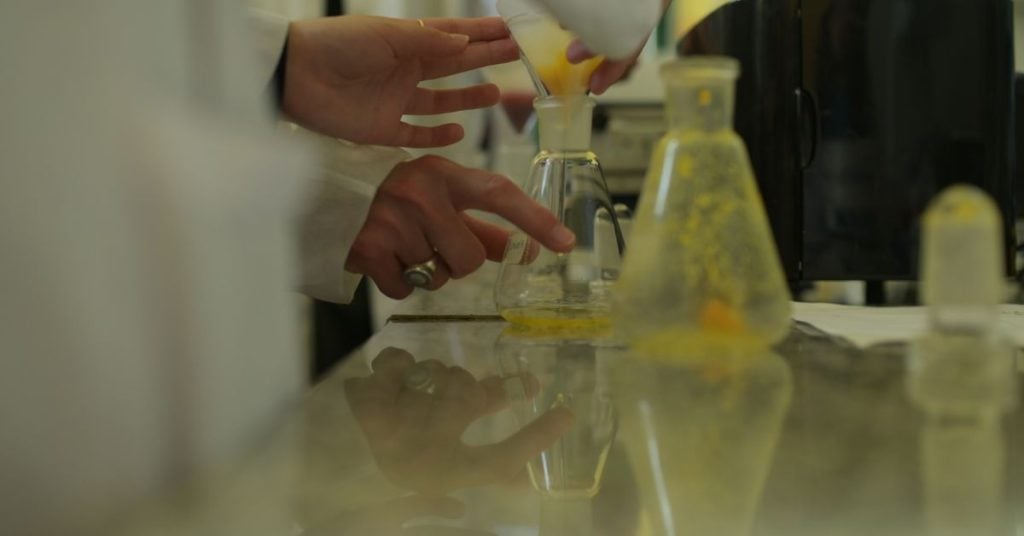
“Given that there is a food deficit in the world, it is necessary to look for alternatives to biowaste and increasingly use the nutritional value. Waste should not be used only for burning, but we should use it in our daily life. I plan to carry out this process through a startup called “Ecopos”, which will use rice husk as the basis for all its products,” explained Angelovski.
From environmental solutions to business solutions
These promising ideas and projects that solve different environmental challenges have also attracted the attention of several angel investors.
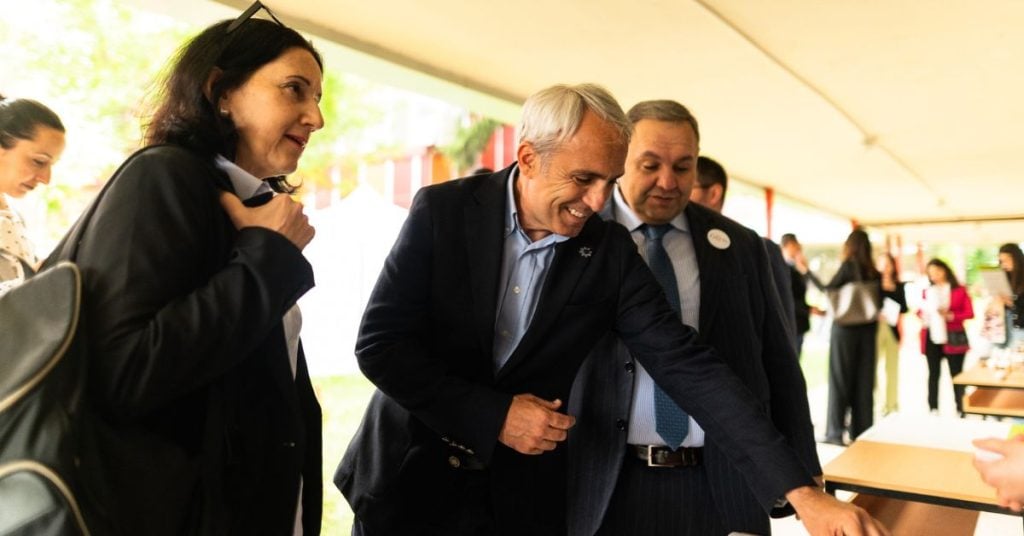
“I have seen several business angels who have already noticed the products and I already see that there is great interest here from private companies and I hope that this pilot project which is being successfully implemented will also be applied by other cities and other municipalities and that every region of the country will be able to create this type of biohack laboratories,” said Zoran Gligorov, Skopje city secretary, adding that it is to be hoped that this will also motivate more young scientists and students to transmit these experiences to their communities.
Additionally, events such as Lab Startup Challenges and Demo Day can help projects gain traction and attract the attention of investors, while allowing scientists and students to freely develop their ideas.

